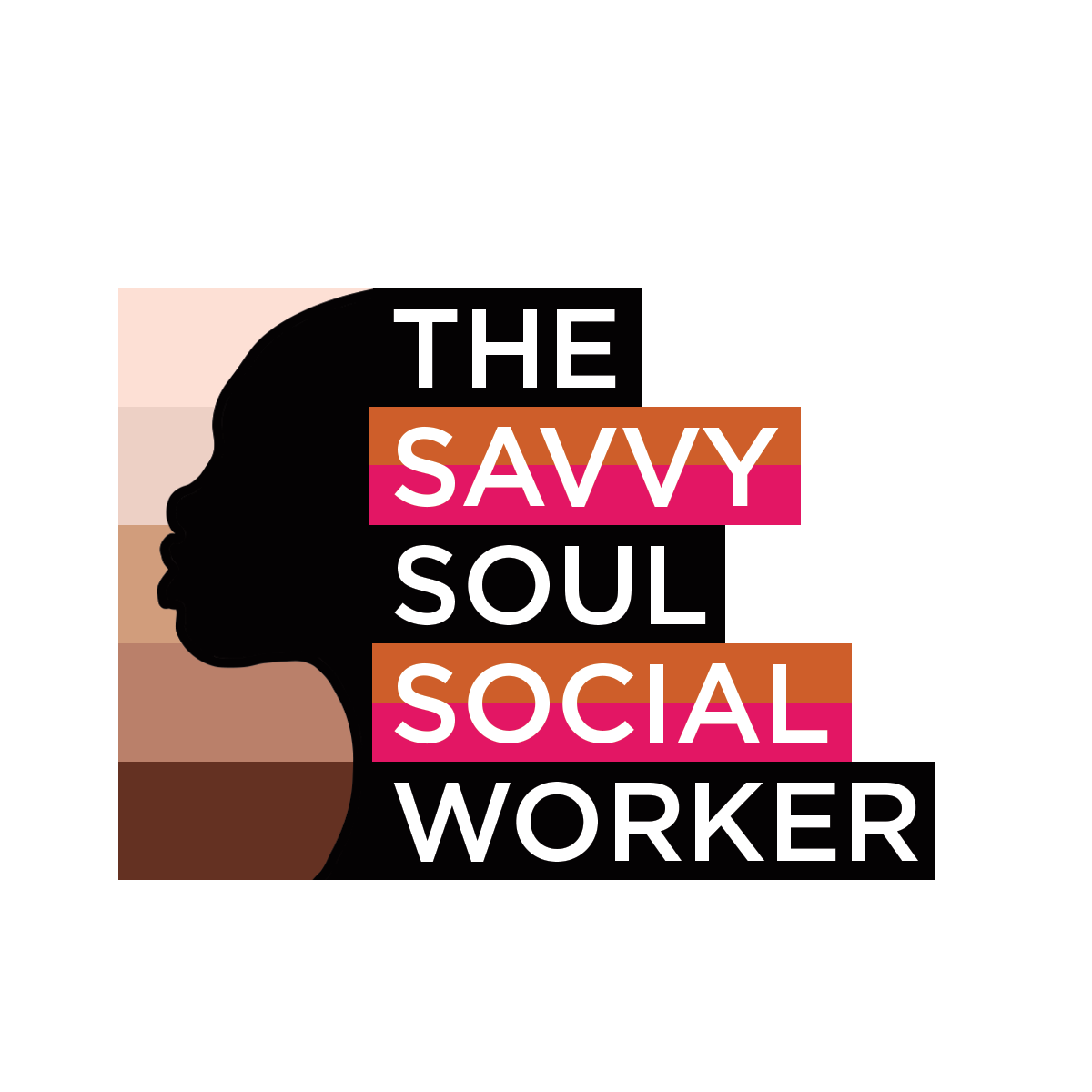WHAT DOES SEL (SOCIAL EMOTIONAL LEARNING) MEAN FOR YOU AND YOUR STAFF?
SEL (Social Emotional Learning) skills can be beneficial for both adults and youth. As adults, if we want to teach youth SEL, we must do our due diligence to intentionally develop our own social emotional skills. We often make assumptions and/or take for granted that everyone possesses the skills that are necessary to have positive relationships and for self-management. When we learn and practice the core skills of SEL in our daily lives, we can then model and teach those skills to the youth and families that we serve.
Self-Awareness
Having the courage to acknowledge your own emotions and how they may play into your reactions and responses.
Be explicit in naming the skills that you use when modeling for students and colleagues.
Collaborate with students and view them as partners in developing social emotional skills.
Create opportunities to practice skills and celebrate success of yourself and students.
Self-Management
When modeling your own self-management, share with youth “the why” behind what you are doing.
Be intentional about creating your own coping toolbox and modeling how your youth can do the same. Share examples of positive coping strategies and scenarios of when they may be helpful.
Understand the reason why you may be triggered by certain behaviors from colleagues, students, or families. Utilize appropriate coping skills and resources to manage feelings.
Support yourself and youth in building up an emotional vocabulary to better express one’s self.
Social Awareness
Allow opportunities for sharing thoughts, feelings, perspectives and lived experiences in a non-judgmental way.
Collaborate in creating routines, norms, and rituals that show value and care to all who are a part of the organization’s community.
Model the art of empathy for deeper understanding of others.
Responsible Decision Making
Teach and model ways in which you approach decisions, problems and challenges.
Allow opportunities for reflecting and evaluating consequences of actions.
Relationship Skills
Create opportunities for relationship building through activities that build trust, allow healthy communication skills and foster a sense of belonging.
Practice active listening skills and listening to understand before trying to be understood.
Be intentional about understanding other’s cultural beliefs and values. This will help you to explore the “why” behind behaviors before responding.
Model how to approach and resolve conflicts while maintain healthy relationships.
